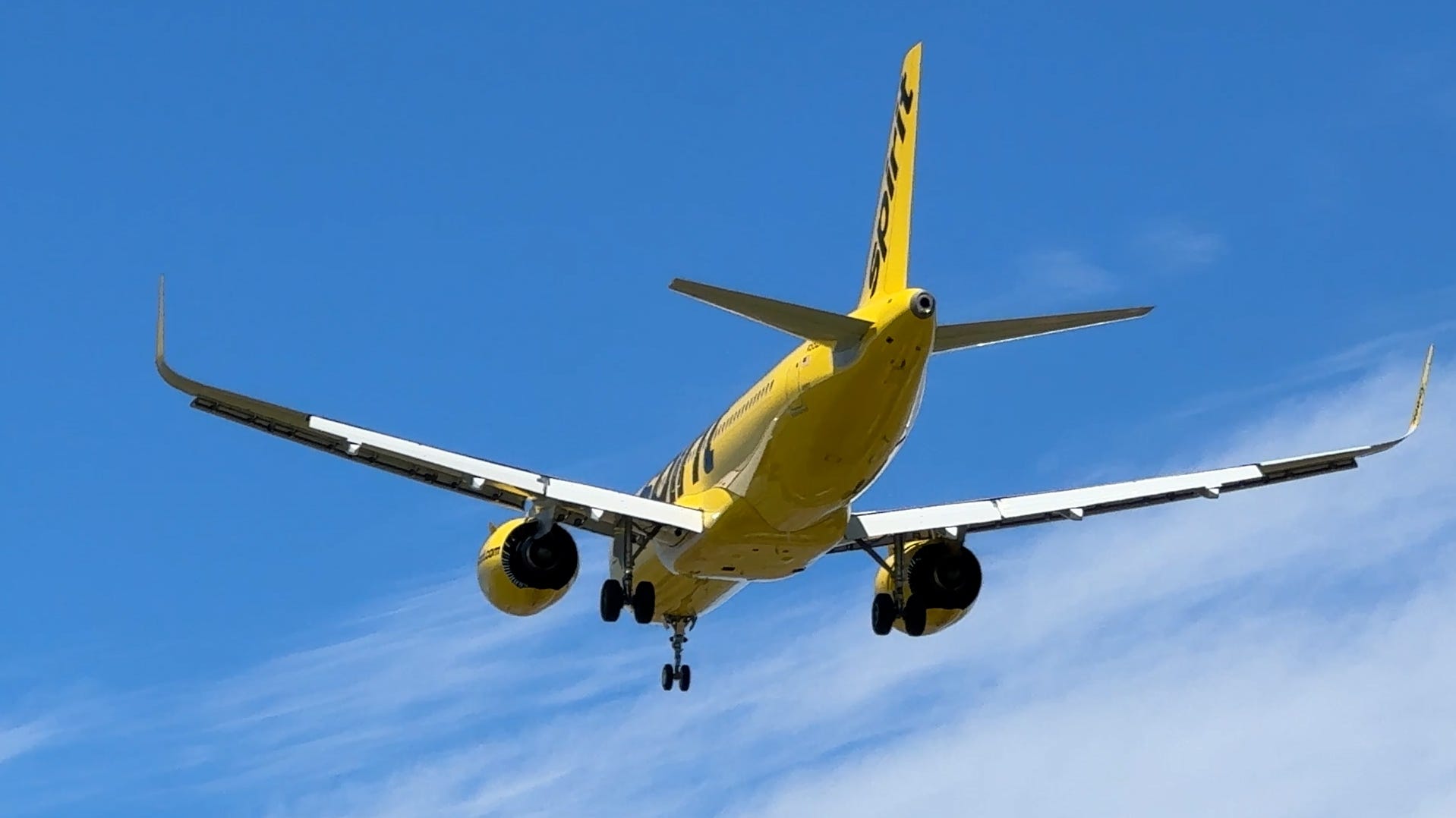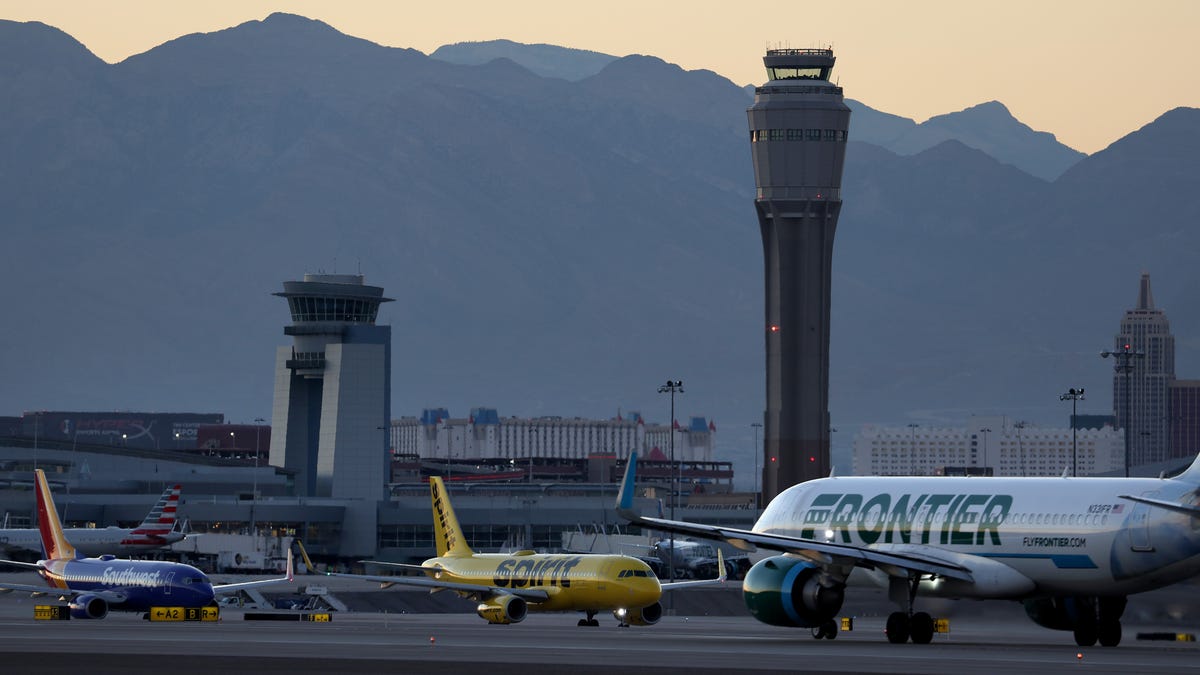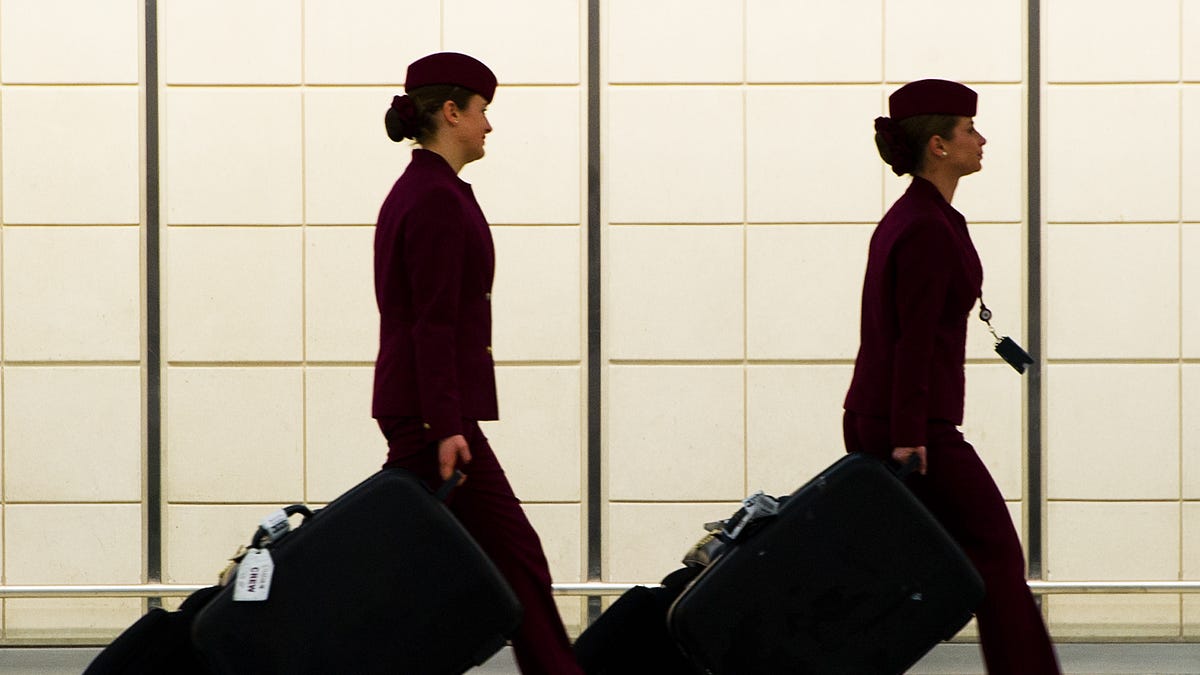
Why do airlines seem so similar lately?
Are budget flights on the way out? See why airlines are starting to feel the same.
- United Airlines CEO Scott Kirby declared the ultra-low-cost carrier (ULCC) business model “dead,” criticizing its focus on fees and poor customer experience.
- Breeze Airways CEO David Neeleman agreed that the model is evolving, but argued that ULCCs like Spirit and Frontier still provide a valuable service by driving down fares.
- Industry experts note that both ULCCs and full-service airlines are adopting aspects of each other’s models, leading to a more homogenous airline industry.
If you ask Scott Kirby, CEO of United Airlines, the ultra-low-cost airline model is dead. At an event hosted by The Wall Street Journal in May, he told the audience that ultra-low-cost carriers were struggling to attract repeat customers.
“It’s a crappy model,” he said. “The model was: Screw the customer. Trick people, get them to buy, get them to come, and charge them a whole bunch of fees they aren’t expecting.”
I don’t know if it’s fair to say that the ULCC model is totally dead, but I do think it’s fair to say at the very least that it’s evolving, and at least one ultra-low-cost airline CEO is on the same page.
“I agree with him,” David Neeleman, founder and CEO of Breeze Airways, told me in an interview when I asked about Kirby’s comments.
But he was quick to add that he didn’t think that meant traditional ULCCs – specifically Spirit and Frontier – are going away.
“For the consumer, if Spirit and Frontier both disappeared and they no longer existed, that would mean higher fares. I don’t believe that (model is) dead dead. If Spirit were to cease operations, for example, Frontier would fill that void,” Neeleman said.
Spirit and Frontier representatives did not respond to requests for comment.
While those famously penny-pinching airlines may not be going away, they are getting more similar to network carriers, and network carriers have been stealing ideas out of the low-cost playbook for years.
What is an ultra-low-cost carrier?
Before Delta Air Lines created basic economy fares in 2014, there were essentially two kinds of major commercial carriers in the United States. Full-service airlines included things like seat selection, free carry-on bags, snacks and/or meals and other basic amenities. Meanwhile, ultra-low-cost carriers charged for all those services, which kept base fares low but could drive up the final costs for travelers, especially those who were unfamiliar with how they worked.
On routes where low-cost airlines competed directly with full-service carriers, they often drove down ticket prices.
“The ULCCs collectively are the fare leaders. It’s in consumers’ best interest for the budget airlines to stay in business and be successful businesses,” Henry Harteveldt, president of Atmosphere Research, a travel industry analytics firm, told me.
He said low-cost airlines can often profitably serve routes between smaller airports with less demand because of their tighter operating margins, which is a further boost to travelers.
“ULCCs not only offer products that some of the larger airlines don’t, but their networks also serve routes that some of the larger carriers may not,” Harteveldt said.
Neeleman, who also founded JetBlue, said this has been one of the key aspects of Breeze’s success and growth, particularly because his airline flies smaller planes than other ULCCs, which he sees as a competitive advantage.
“The biggest thing is we fly on nonstop routes that they don’t serve, that they really can’t serve. As they’ve gotten bigger and bigger airplanes, everybody has but us, they started excluding certain routes,” he said.
These are the U.S. ULCCs:
The evolution of the airlines
As network carriers increasingly unbundle their fares and low-cost carriers try to compete for more premium passengers, the two models are looking more and more similar.
“The U.S. airline industry has become a homogenous blob of sameness,” Harteveldt said. “In some cases, the only difference between the airline is, is the tray table a full-size tray table or a half-size tray table?”
From its inception, Breeze offered premium seating at a premium price, and Spirit and Frontier have also added larger seats over the years.
Even Southwest Airlines, which famously had its own unique business model for half a century, is coming around to the now-normal way of doing things. It stopped offering free checked bags last month and will soon introduce assigned seating and extra legroom options for the first time.
“People said Southwest was egalitarian, everyone is treated the same,” Neeleman said. “There was a group of people that said: I don’t want free bags, I’m not checking any bags, I just want lower fares.”
Harteveldt said full-service carriers like United have been moving toward a more basic model at lower price points as well.
“United Airlines has borrowed lock, stock, and barrel from the ULCC model,” he said, pointing out that United has very popular basic economy fares that it has implemented to effectively compete with ULCCs.
“Whose model is dead? If a model is dead, it’s the full-service airline model that’s dead,” Harteveldt said.
What’s next for airfares?
It’s likely that airlines are going to continue the great unbundling, charging lower base fares and even more frequently charging fees for extra services and amenities.
Delta Air Lines has quietly been exploring the possibility of adding a so-called “basic business” fare according to Harteveldt, although it’s not clear exactly what would be excluded under that model, or if the airline will ever actually implement it.
Still, Harteveldt said, mainline carriers are likely going to continue divvying up their fare buckets, and ULCCs are going to keep trying to find new ways to attract higher-paying customers.
“I don’t think it’s fair or even accurate for Scott to say the ULCC model itself is dead,” he said. “It is evolving, but good businesses constantly evolve.”
Zach Wichter is a travel reporter and writes the Cruising Altitude column for USA TODAY. He is based in New York and you can reach him at zwichter@usatoday.com.










